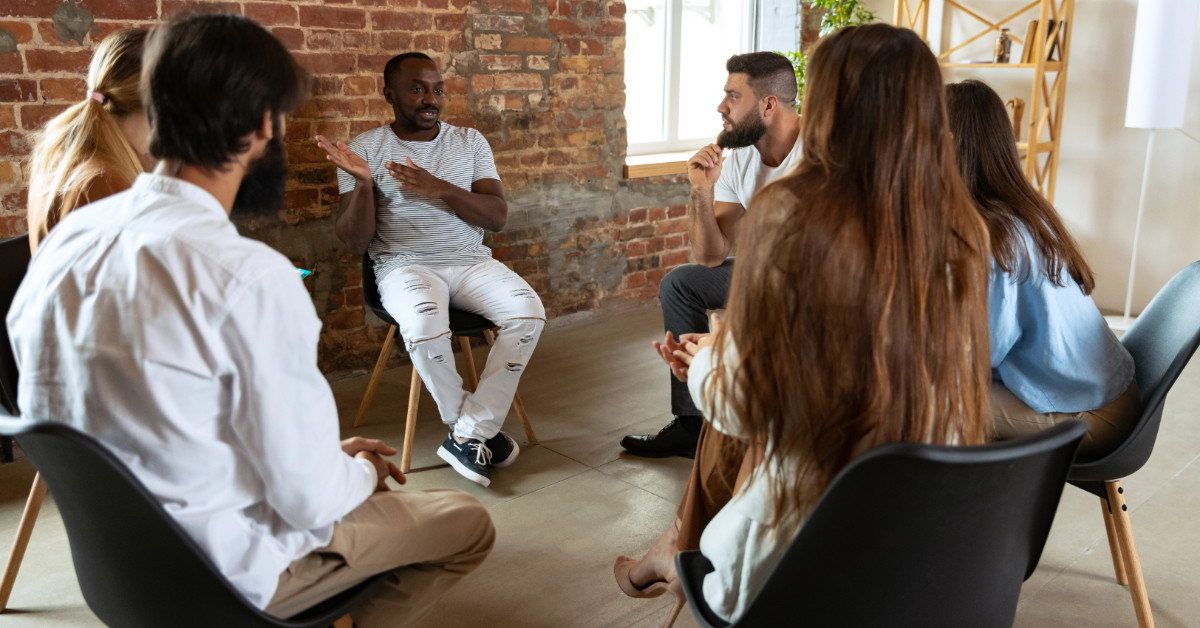You’re not alone when loneliness sneaks in—yet that’s exactly what stings the most. It’s the invisible weight in the room, the shame that makes us pretend we’re okay when we’re not. And because of that shame, most people stay quiet. They don’t reach out. They don’t ask for help. They carry it all alone, despite its prevalence - there is an epidemic of loneliness.
The World Health Organization has now declared loneliness a global public health threat with impacts on health equivalent to smoking 15 cigarettes a day. One in six people worldwide say they feel lonely—and those numbers are even higher for youth and older adults. But here’s the real problem: it’s not just the loneliness. It’s the stigma. The belief that loneliness means something is wrong with you. And that’s what keeps people stuck.
What if loneliness wasn’t something to hide?
Imagine if people in your workplace or community could say “I’m lonely” without fear of judgment. Imagine the weight that would lift. The connections that would form. The energy that would return when people no longer had to waste their emotional bandwidth pretending.
Instead of feeling like they need to tough it out alone, people would begin to see themselves in one another. They’d realize loneliness isn’t a personal failure—it’s a signal. And that signal can guide us back to something essential: the need to belong.
Why most attempts to fix the epidemic of loneliness fall flat
What Belonging Matters does differently
From there, they build something powerful together—what we call visual legacies. These might be posters, art, videos, or even memes—but the point is, their insights get captured and elevated. The process restores dignity. And it works.
One example: families living with cerebral palsy came together through BMC to share their truths, build connection, and generate momentum. Over time, what started as a cohort of youth living with cerebral palsy turned into a leadership movement, with some members now recognized internationally for their advocacy. You can read more here.
What makes it effective (and scalable)
The cost of doing nothing? It’s steep.
When you don’t address stigma, people stay silent. That silence turns into burnout, absenteeism, disengagement, and worsening mental health. Organizations pay for it—whether in turnover, declining team morale, or strained community relationships. And the people who need support the most remain invisible.
Your next move? Make the shift real.
If you're a decision-maker who’s serious about tackling loneliness—not just performing inclusion—let’s talk. We’ll help you move from surface strategies to something transformational. From quiet suffering to co-created solutions that restore dignity and build belonging.
→ Book a strategy call to explore how Belonging Matters can help your team, organization, or community build connections that last.

